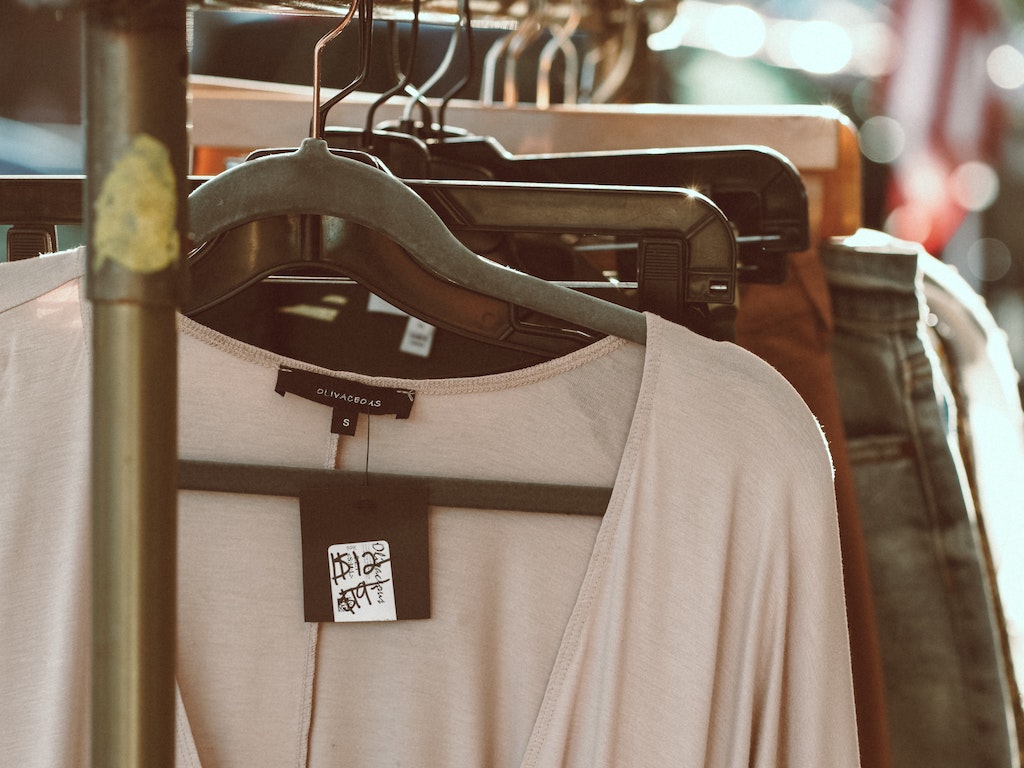3 Mins Read
Sustainability is a hot topic in fashion right now, as the industry grapples with its reputation as one of the most polluting in the world. Consumers, in search for more eco-friendly ways to shop, are looking for alternatives that leave behind a lighter footprint – and this is driving the growth of resale fashion, which helps lengthen the lifespan of clothing and reduces the need for new production.
According to research from preloved fashion platform Vestiaire Collective and research firm Boston Consulting Group (BCG), diverse customer attitudes are supporting the resale fashion boom. From the growing importance of sustainability among consumer priorities to how luxury brands can capitalise on the opportunity, we highlight five key findings from the analysis.
1. Secondhand clothing will make up 27% of closets by 2023
Currently, the resale market is estimated to be worth US$30 to US$40 billion, but the analysts predict that with an annual growth rate of 15% to 20% over the next five years, the sector is poised to undergo major growth. This will ultimately lead to secondhand clothing taking up 27% of people’s wardrobes by 2023, up from 21%.
2. Consumers’ environmental concerns is the key driver
Despite the fact that affordability and availability have been core tenets of the resale fashion sector’s success in recent years, the researchers say that now, the main driver of the trend is sustainability above all else, especially in the wake of the pandemic. The survey saw 70% of respondents saying they are motivated to shop for preowned items as a part of their broader effort to become more eco-friendly, up from 62% just two years ago.
3. Majority of shoppers want to own fewer items
The rise of conscious consumerism is also seeing shoppers opt for fewer pieces of clothing that are higher in quality, rather than having more items. According to the study, 85% of respondents are now trading fast fashion consumption for fewer longer-lasting pieces. In addition, 70% said they want to take better care of items they already own in order to increase the lifespan of their garments.
4. People are more willing to buy from brands who partner with resale fashion players
In order to retain market share, the report says that fashion brands should explore collaborations with secondhand platforms to offer more circular models to consumers. 62% of participants in the research said they are more willing and interested in brands who are working with resale platforms. In general, 60% of consumers are looking for companies that represent “purpose-led organisations” instead of profit-seeking businesses.
5. Luxury brands may have the most to gain from introducing resale
One of the key considerations consumers are now making is affordability, especially as the coronavirus has unleashed economic crises all over the world. But in addition to giving a wider range of consumers greater accessibility to designer goods, luxury brands who partner with secondhand players may also benefit from increasing their brand presence, not to mention a boost in their reputation as a sustainable company. 48% of respondents have bought from brands that are new to them after spotting them on resale channels, and are now considering purchasing from these labels in the future.
Lead image courtesy of Unsplash.




